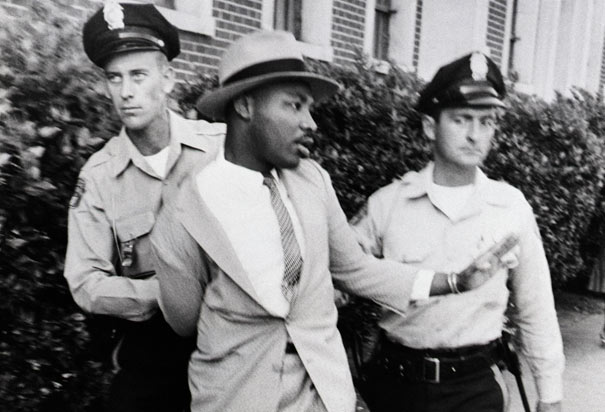War seems so familiar these days it is easy to forget we are made for peace. By this, I do not mean that we are readily or easily peaceful but rather that our happiness is closely linked to peace. It is part of the reason why, I think, Christians should focus on peacemaking in marriage.
In a recent “The Public Square,” R. R. Reno noted that “It was peace, not love, that early Christians emphasized in their rituals and prayers for marriage”, citing ancient marriage rites for support.
“We ask you, almighty God, to support with your holy favor that which your providence has established and to keep in lasting peace these persons who are lawfully uniting themselves in lawful union.”
And
“You have joined people in marriage with the sweet yoke of concord and the unbreakable bond of peace.”
The early Christians knew, as we know, that marriage is not easy, the simple joining of “nice” people. It requires the effort of both spouses to overcome conflict and, only if they do so, does the marriage grow in love.
Perhaps nowhere is this more clearly supported than in the work of John Gottman. In Why Marriages Succeed or Fail: And How You Can Make Yours Last, Gottman indicates the importance of peacemaking for marriages. He said, “it is how you resolve conflict that matters the most.” Gottman’s work centers on three main points.
First, there are three different types of communication.
a) Validating: Couples compromise often and calmly work out their problems to mutual satisfaction as they arise.
b) Volatile: Conflict erupts often, resulting in passionate disputes.
c) Conflict-avoiding: Couples agree to disagree, rarely confronting their differences head-on.
Second, regardless of the communications style, they have to maintain a 5-1 balance of positive interactions to negative ones. Thus, “volatile” couples may have an explosive fight but this must be in the context of an overwhelmingly positive and passionate relationship. Similarly, the validating and conflicting-avoiding couples that build up a reserve of positive interactions must, on occasional, deal with those points of conflict.
Third, the conflict must be addressed constructively. It must not take the form of the Four Horsemen (as Gottman calls them): criticism, contempt, defensiveness, or stonewalling. Rather, conflict needs to be managed in ways that address the issue and yet still builds up the relationship. When people are discussing some point of contention, they should be sure to stay calm, listen carefully to what the other person is saying, and affirm the other person’s perspective. Doing so will enable both spouses to address the issue in a way that makes the situation better. Gottman notes that, when spouses are able to negotiate conflict successfully, they do not remember these moments as conflict so much as times when they worked together to overcome a challenge.
The drive and need for peacemaking in families is also present in the raising of children. In a recent essay, Francine Russo summarizes the work of Corinna Jenkins Tucker on how parents and siblings can teach children to successfully negotiate conflict.
Young siblings fight up to eight times an hour, research shows. While all that squabbling may drive parents crazy, it’s also how some kids learn to negotiate conflict—training ground for dealing with neighbors, bosses, and spouses down the line. [According to Tucker,] “When it comes to arguing and expressing our opinions, we can take risks with our siblings because they’re stuck with us. . . .Children can test which conflict resolution strategies work and which don’t.”
A home striving for peace teaches strategies for negotiating conflict and provides a safe environment for practicing them. Children learn how to compromise and work out problems without violence, so, when children have to negotiate conflict in a less safe and higher risk environment, like with peers at school or work, they are better able to manage it. Children who can do this are less likely “to join risky peer groups and engage in negative social behaviors (like smoking, drinking, or skipping school).”
There will be conflict, but if families can be peacemakers, constructively addressing the conflicts that arise, their homes will be places of joy, overcoming strife with love, a love that imitates Jesus who was sent “to reconcile all things” and make “peace by the blood of his cross.” (Colossians 1:20). I think this is what so many families strive for. We want joy, so we work at peace. While there is so much more to do to address the scourge of war, I cannot help but think that practicing peace in the home will, in the long run, overflow to the neighbor, the stranger, and our enemies.






I do not know whether to feel discouraged or relieved that research shows that siblings squabble eight times a day! Hmm, I choose to be relieved!